How to be a songwriter lyricist

How to be a songwriter lyricist: Check out our explorative guide on how to writer killer lyrics
Think about the last song you heard that you really liked. Was it full of rhyme and imagery? Did you feel you could relate to the story hidden behind the lyrics? Was the chorus expertly paired with the melody of the music? Do you aspire to create something as great as that one day? Sounds like you may want to consider a career as a songwriter lyricist.
This is the perfect career for individuals passionate about music, who want to write their own songs. While it’s not easy to get your foot in the door, it’s a rewarding career choice that allows you to hone in on your talents in an inspiring way.
A singer songwriter gets to express themselves and challenge their creative side every day. In the music business they’re responsible for piecing together lyrics for a singer and pulling together all the elements to tell a story. They love lyrical prose and have a great ear for musical melodies.
This can be a great career choice for individuals who don’t necessarily have the singing voice to execute the songs but have the creativity to write lyrics for the musical composition. However, understanding how the lyrics work with the different music components is just half the challenge.
We’re here to walk you through everything you need to know about becoming a songwriter, so you can decide if this is the career choice you wish to pursue.
Let’s take a closer look at how you can become a famous lyricist.
What is a lyricist?
A songwriter lyricist is considered a ghost-writer. They are the ones that write the lyrics for the music. They are in charge of thinking about the hooks, the themes, and thinking of all the catchy jingles you know and love. Some may say they are the magic behind the melody.
The artist that fuels your favourite songs with meaning and creates catchy tunes you can’t stop singing in your car. However, A lyricist is much more than a writer because they need to understand the ins and outs of prose, music theory, and lyrics.
Get the right music education
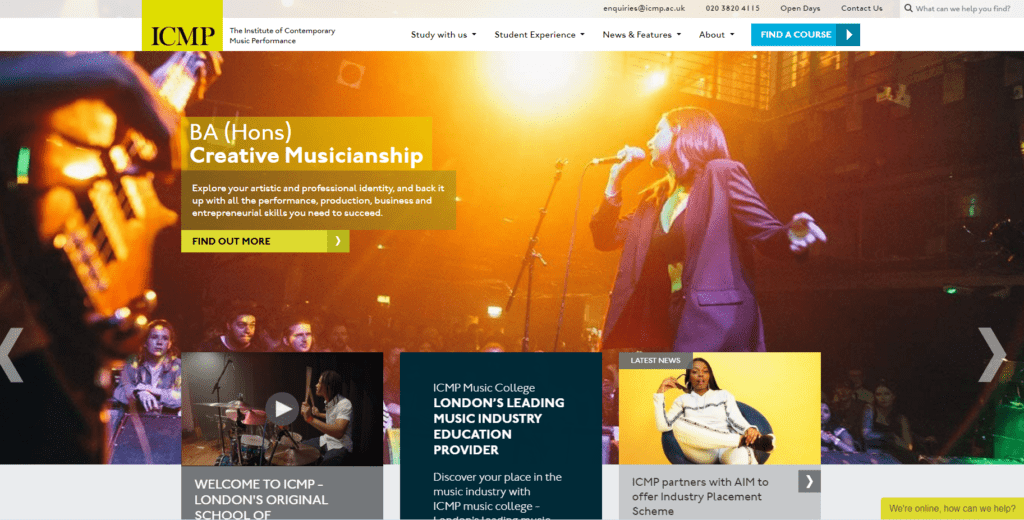
While there isn’t a specific degree required to become a lyricist there are many great Songwriting Degree courses in London that you can consider if you want to get noticed by music publishing companies, music producers, musical theatre companies, or studios.
You can build a network of individuals you can count on to help you on your journey to success. This network will allow you to find jobs in the future and further your career in the music industry.
Most songwriters consider taking creative writing classes to help strengthen their writing skills. Many Songwriting bachelor’s degree programs can help you gain the experience you need to become a lyricist.
Keep in mind: A bachelor’s degree isn’t the magic answer. It will only help you get so far in your music career. Plus, other solutions can help you gain the expert experience to help you further your career.
With an online songwriting course, you can focus on your passions without committing four years of your life to a program. At Elevate, we provide exciting ways to jumpstart your songwriting career and learn how to write songs. All our classes are expertly created to help you get into the music business and be a successful lyricist.
Start small
Once you land a degree or you’ve taken a few online classes, it’s time to start looking for freelance opportunities to build your portfolio of work. Freelance opportunities are a great way to help you build your professional reputation. Every small job will help you build credibility in the industry and open doors to new opportunities.
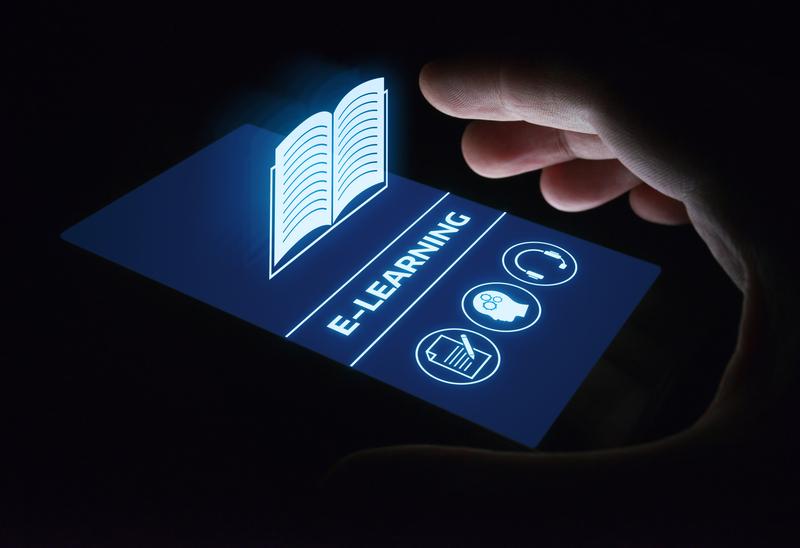
As you start taking on new freelance opportunities, don’t be afraid to try out different genres and styles. Whether it’s a love song or a rap song: Every small project will help you open your eyes to what you’re personally passionate about writing. Once you find your niche, you can start honing in on your skill and searching for opportunities that align with your passions.
Each small gig is an opportunity to write your own songs and get hands-on experience in the music industry. Aspiring lyricists have to start somewhere! Freelance opportunities are a great way to start growing your music career and get noticed by major artists in the future.
Create a portfolio
Every job you pick up freelancing is something you can add to your portfolio. Your portfolio will show how versatile you are and highlight your talents. When a new opportunity comes your way, you can establish credibility by highlighting some of your best work to potential clients.
Once you’re ready to start looking for new opportunities within the music industry, you can go to them with original songs and sound samples of your own. You can use your portfolio as leverage to land a job at a recording studio, or record label or land more freelance gigs.
Build your network
We’ll be honest: The music business is competitive. During the early stages of your career, you’ll want to tap into your network and utilise who you know to help you further your career. Every connection you’ve made up until this point is a resource.
Whether it’s clients you did freelance work for, or someone you met during college: Don’t be afraid to continue to nurture those connections throughout your career. Here are a few tips to help you build your network even more:
- Attend community events
- Join Facebook groups
- Take online courses
- Join a local club
- Connect with smaller bands in your community
Building a circle of other writers or artists or work with a recording artist trying to make it into the music industry is a great way to get the support you need to keep moving forward. With other artists by your side, you can always lean on them for feedback and help with your songwriting skills. To build strong relationships with other aspiring writers, ensure you continue to nurture your relationship with them and stay connected.
Continue your job search
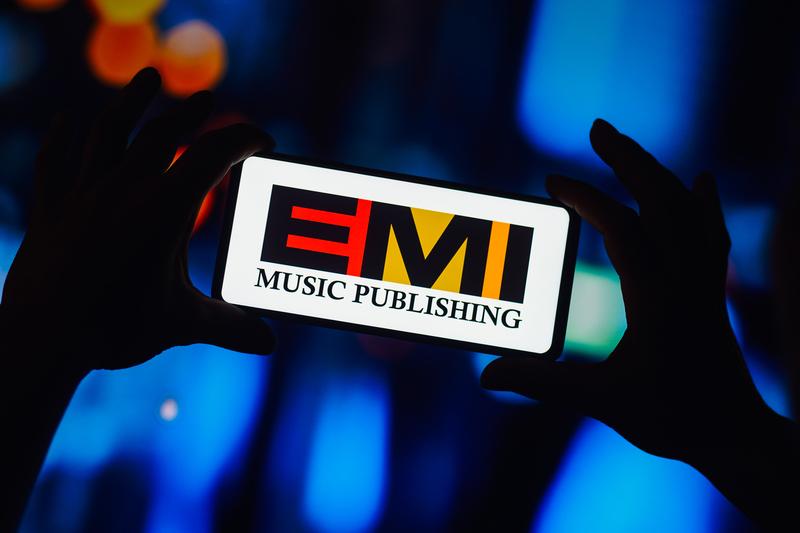
Once you have relevant education, a portfolio, and a network you can count on, you can start applying for lyricist jobs with music studios and look for recording artists who need a lyricist. Music studios are always on the hunt for creative individuals who know how to write and are creative enough to write the next big hit.
Don’t be afraid to start small and work your way up. Consider internships or other entry-level positions that will help you gain the professional experience you need to land the job of your dreams. You’ll need to work your way up to that big publishing deal you dream of.
Continue to nurture your talents
If you can’t find work as a songwriter lyricist right away, don’t feel discouraged! It’s harder than you might think to land a job in the music industry. If you can’t find work as a lyricist, look for other ways to nurture your talents and hone your writing skills.
Try writing short prose pieces or microfiction to fine-tune your writing skills and take your learnings to the next level. Many other songwriters dabble with other types of writing outside of song lyrics. This is a great way to practice prose and improve your talents.
If you’re looking for some inspiration, you can also consider practicing writing commercial jingles. This is also a great way to step outside the box and try something new.
Tips for writing song lyrics on your own
If you’re ready to get your feet wet and dive headfirst into the music industry: Congrats! You’re halfway through the battle. However, now it’s time to start looking for more tips to help you refine your talents, so you can write good songs people will enjoy.
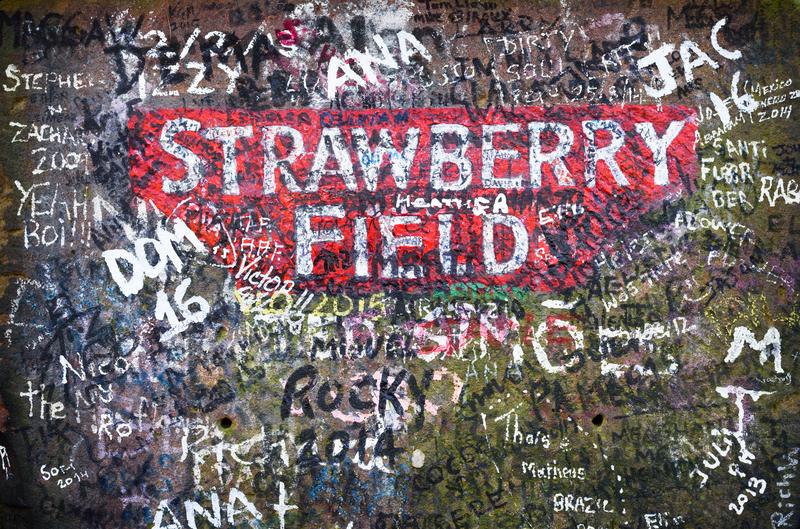
Here’s some songwriting tips to help you can get started on your journey:
Be clear and concise
Always remember that songs are typically only three to five minutes long. That means you need to learn how to tell a story in that short time frame. Don’t be afraid to experiment with metaphors, imagery, and other sensory skills. If you need some inspiration, you can listen to songs on Spotify playlists to inspire you or the billboard top 100.
Tap into your poetic side
Lyrics are just like poetry. If you understand the basics of poetry, you can use this to your advantage to help you expertly pair words together to tell a story that resonates with listeners. Challenge yourself by playing with rhymes, imagery, and fun poetic tools. These tools can help you build a relationship with your listener and help you create a catchy tune everyone knows and loves.

Write and sing
You’ll want to fully immerse yourself in the songwriting experience. That means you’ll need to take a step back and try to sing the words you write (even if you aren’t a singer!). You’ll want to make sure the lyrics make sense when you sing them. Imagine the melody, think about the different instruments involved, and try to take a moment to fully immerse yourself in the song.
Collaborate with others
Your network can be an invaluable asset that helps guide you toward success. They’re also a great tool to help you step outside your comfort zone and come to the table with new ideas. Whether you’re trying to combat writer’s block or looking for advice, they’re there to help you improve your skill set.
Enrol in a lyric writing course
The best first step towards a successful career as a lyricist is enrolling in Our Songwriting: Lyric Writing course. This course will help you find the right words for the music. We’ll teach you how to analyse and understand the art of lyric writing, so you can hone in on your talents and explore the different lyrical structures and styles.
Our team is here to help you find inspiration and get the resources you need to write lyrics like a pro. We’ll teach you how to write great lyrics for the publication and get noticed by record labels.
At the end of this course, you should be about to use imagery and metaphors to your advantage to add depth to your songwriting with the right words, tone, and feeling.
Understanding the creative process for singer songwriters
Writing music is a highly creative process. As a writer, you’ll need to learn how to tap into your creative side and learn how to convey emotions with words. To become a lyricist, your main goal should be to use your lyrics as a tool to create connections with the listeners.
Brainstorm ideas

Brainstorming is one of the hardest parts of writing, try to find your musical vision. Trying to come to the table with new ideas that are new and original is much more challenging than what meets the eye. If you’re finding it challenging to generate song ideas, don’t be afraid to step out of your comfort zone and try something new.
If you’re having trouble brainstorming new ideas, consider changing your scenery. Go for a walk in the park, sit down to write in a coffee shop, or listen to music you don’t always listen to.
A great way to inspire yourself and brainstorm new ideas is to listen to more sound samples and have some fun with the creative process. There’s inspiration everywhere! You just need to find what helps you as a songwriter.
Grab a journal
Lyricists know that every emotion and feeling you have can help you write meaningful lyrics. If your lyrics don’t have any meaning, they won’t resonate with the listeners the way you want them to. Thinking of the first few steps to writing a song is similar to journaling.
Keep a notebook close to you so you can write down ideas and thoughts whenever they come to your mind.
When you get ready to sit down and write, you’ll have a journal full of ideas you can pull inspiration from.
Write song lyrics fast, edit later
Find the melody
As you write your lyrics, you’ll slowly discover the mood and the feel of the music. The mood will lead to your melody and help you feel the different chord progression. It may take a while to fully feel how the lyrics work with the flow of music. Every new song has lyrics that connect with the melody. As a lyricist, it’s your responsibility to find the melody within the music.
Don’t be afraid to rearrange stanzas, play with the structures and use different words. These small changes are part of the creative process that leads to your favourite songs. Slowly but surely: Every small change you make will lead to better lyrics, stanzas, and melodies.
Understand how music works
Music is an integral part of writing music and lyrics. To become a lyricist, you need to know how music theory works. You’ll want to know how the different instruments work together and how you can use that to your advantage to amplify the meaning of your lyrics.
When you write music and start playing with the different components of the song structure, you’ll want to have a grasp of the instruments and the role they play in the songwriting process.
There’s a lot more to the creative process than meets the eye. Our Songwriting: Creative Process online course allows you to unlock your imagination and tap into your creative side to produce music on your own.
We’ll walk you through the techniques needed for crafting and redrafting songs and help you push your creative boundaries with different strategies. At the end of the course, you should know how to combat writer’s block and write your first draft.
Know the Song Structure
There are four major building blocks for writing songs. Each building block provides a foundation for the song and can be utilised by a lyricist to effectively write lyrics that work together. Many lyricists have a general understanding of music theory and lyrical poetry.
This combination is a must-have for any singer-songwriter who is serious about becoming a professional songwriter.
Here are the building blocks:
Intro
The intro is the beginning of your song. It’s when you’re trying to establish the tempo and rhythmic feel of the song. Not every song’s intro has lyrics. However, for the ones that do, your main goal should be to get the listeners to want to listen more. You’ll need at least four bars of music to create your intro.
Verse
Now the real fun begins. The verse is what your song’s story is all about. It’s the catchy part of the story, not the song.
Pre-chorus
The pre-chorus is a short and sweet part of the song that comes before the chorus. It’s typically used as a connector component that provides a seamless listening experience for the listeners.
A great example of a powerful pre-chorus is Katie Perry’s “Firework.” The pre-chorus is a tool that helps build energy and get the crowd excited before breaking into the chorus. Each word is used to build momentum and push the crowd further.
Chorus
The chorus is the “climax” of the song. It’s the big payoff moment for listeners and will get everyone energised and devoted to the music. The chorus is often repetitive in nature and is a great moment for listeners to jump in and sing along with the tune. For example, in NYSNC’s song “Bye, Bye, Bye,” the chorus would be when they repeat the words bye, bye, bye.
Bridge
The bridge comes after the chorus. This part of the song provides relief from the chorus and typically has different lyrics than the verse and chorus. From a musical perspective, it will also have different chords and musical components.
The building blocks are a template for successfully writing lyrics. Without the basic building blocks, your song may not resonate with your audience how you want it to.
At Elevate, we have a course that covers all of the Songwriting Basics you’ll need to know. With this online course, we’ll help you hone in on your talents, find a focal point, and help you take your written songs to the next level.
Outside of learning the structure of a song, we’ll help you learn how to step into the shoes of a listener and explore different elements like chord progressions and scales.
Discovering Your Genre
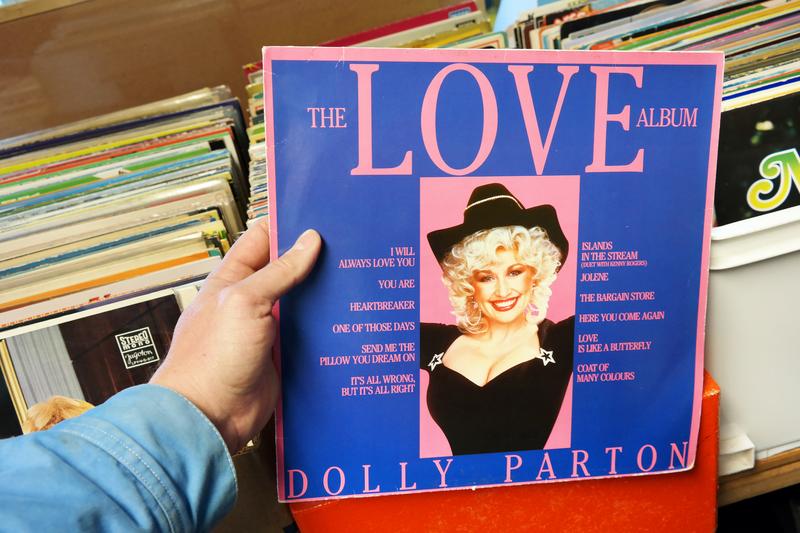
All professional songwriters have preferred genres they like to work in. The beauty of music is the versatility of the different genres. Each genre has a different tone and style and requires a different writer. If you’re serious about learning how to be a songwriter lyricist, here’s a breakdown of the different genres to consider.
- Rock
- Soul and R&B Lyrics
- Pop Music
- Electronica
- Rap & Hip Hop
- Country
Each genre provides a different tone and feel. As a singer-songwriter, it’s your responsibility to know which lyrics work for which genre. Not only will this help you write a good song, but it will also help you find your footing in the industry.
Our Songwriting: Content and Genre course takes a deep dive into all of these different genres you can write for. From rock to soul: We’re here to help you understand the complexities of the different genres and learn how to analyse and identify the differences.
We’ll take a closer look at the history and stories behind the different genres, so you can find your footing as a writer and find your niche. After this online course, you’ll discover which genre is best for your writing style.
Write songs and different styles as a lyricist
Different genres deliver a different emotional impact. They utilise different tones, feeling, and prose to help convey emotion. One of the most common types of written songs is love songs.
Practising by writing love songs
Love songs are popular across all genres and are a great tool aspiring lyricists can use to help them learn how to be a songwriter lyricist and build their portfolios. They’re jam-packed with emotions, fun rhyme schemes, and playful verses. If you’re ready to test the waters with writing music, love songs are a great place to start.

Whether you’re passionate about writing love songs or you want to practice different styles of music, here’s how you can get started:
Write from experience
It’s not always easy to write from experience. However, people crave music that they can relate to. They want to grow a connection with the lyrics and use the music to get over heartbreak or to help them strengthen their relationship with their lover. When you’re vulnerable with your words, you’ll have an opportunity to improve your connection with listeners.
Have a hook
Every love song needs a catchy hook and an inviting melody. Without one, it may fall flat or come off as boring for the listener. When you’re writing lyrics, think about the message you’re trying to convey. How can you turn it into a catchy tune? What line can you use to build a connection with your audience?
Avoid corny lines
It can be easy to try to utilise corny or cheesy lines in your love songs. However, this will take away from the authentic feel you’re trying to convey. When writing love songs, stay true to the story you’re trying to tell and dig deep into the emotions.
Instead of using clichés or corny phrases, consider other ways you can try to relate to the listeners. How can you be raw and real with your emotions without going overboard? What words can you use that they’ll understand and appreciate?
Go deep with the emotion
People love real emotions. They love to feel like they can connect with a song that reminds them of a love they cherish or a love they lost. When writing music about love, you’ll want to play with different emotions and be passionate about the delivery. Don’t be afraid to pour your heart into a song. It’s a great way to enhance the lyrics and practice writing music people will love.
Add a poetic tone
If you’ve always enjoyed writing and reading poetry, writing love songs may be right up your alley. Poetry and love songs have a lot of similar components. They utilise a poetic tone to focus on the emotional impact and evoke feelings.
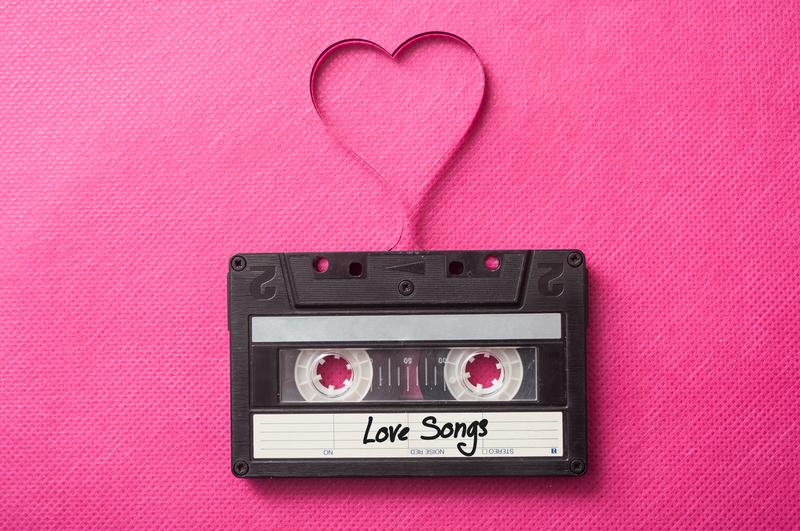
Every love song uses some poetic language to connect with the listeners and move the song in the right direction.
Choose the music mood
Lastly, the music needs to match the mood. Do you want to write a pop song about love? Try playing with an upbeat tone and playful language. Are you looking for a slow rock song about love? Add an edgy flare that’s soft, and subtle.
Every song has a tone and mood. As a songwriter, you’ll need to learn how to leverage the different tones and moods to create a song that will sell.
Wrapping Up: How to Become a Singer Songwriter
Writing hit songs doesn’t happen overnight. It takes time, dedication, and creativity to find your voice as a writer and to learn how to tell a story through lyrics. With the help of our online courses, you can take your talents to the next level.
We’ll help you prioritise your time and strengthen your skill set so you can find songwriter gigs and freelance opportunities to help you build your portfolio. From learning the basics to understanding the creative process: We’re here to help you take the next step in your career and get the education you need to land the job of your dreams.
At Elevate, we provide flexible, expert-led online courses that help aspiring artists build their skills and invest in their passions. Whether you want to take on your career as a songwriter or a guitar player: We’re here to help.
How to be a songwriter lyricist
If you’re serious about becoming a successful lyricist, we recommend our Creative Songwriting Expert Track course. This is our 3-in-1 course that combines all of the Songwriting course elements, including The Creative Process and Content & Genres & Lyric Writing.
With a solid foundation in Songwriting, you’ll be able to explore a new career path and opportunities throughout the music industry; lyricists work with music production companies, music publishers, and recording artists all looking for a unique song sound and talented writers to join their team.
Want to learn more about our online Songwriting courses or see if you’re a good fit for what we have to offer? Contact us today.
From the blog
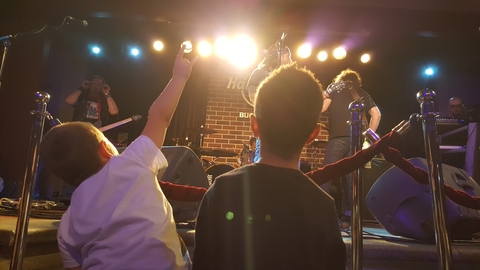
Rockstars in Training: The Best Kids’ Electric Guitars for 2024
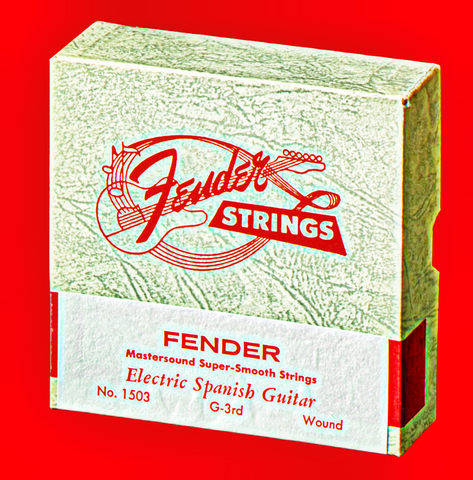
Redefining Your Riffs: How Electric Guitar Strings Shape Your Sound

